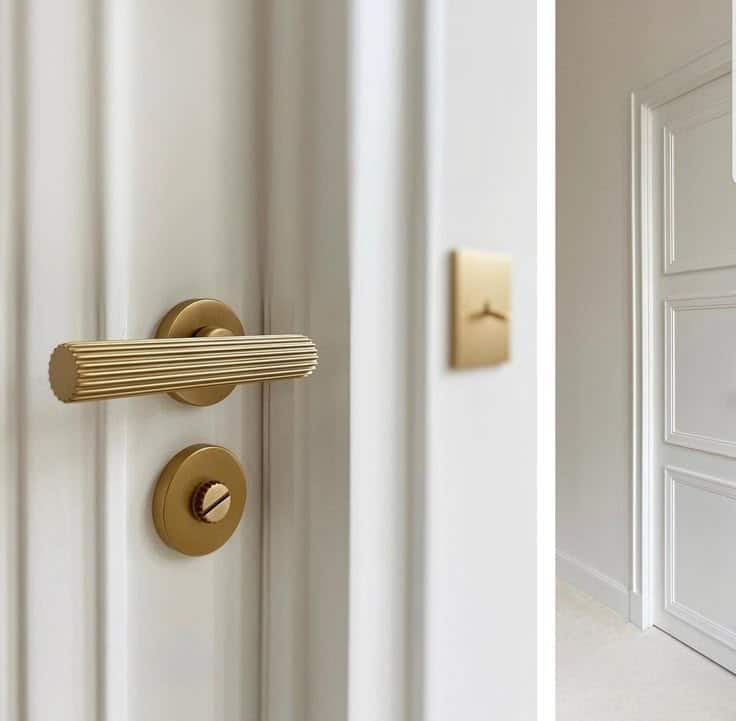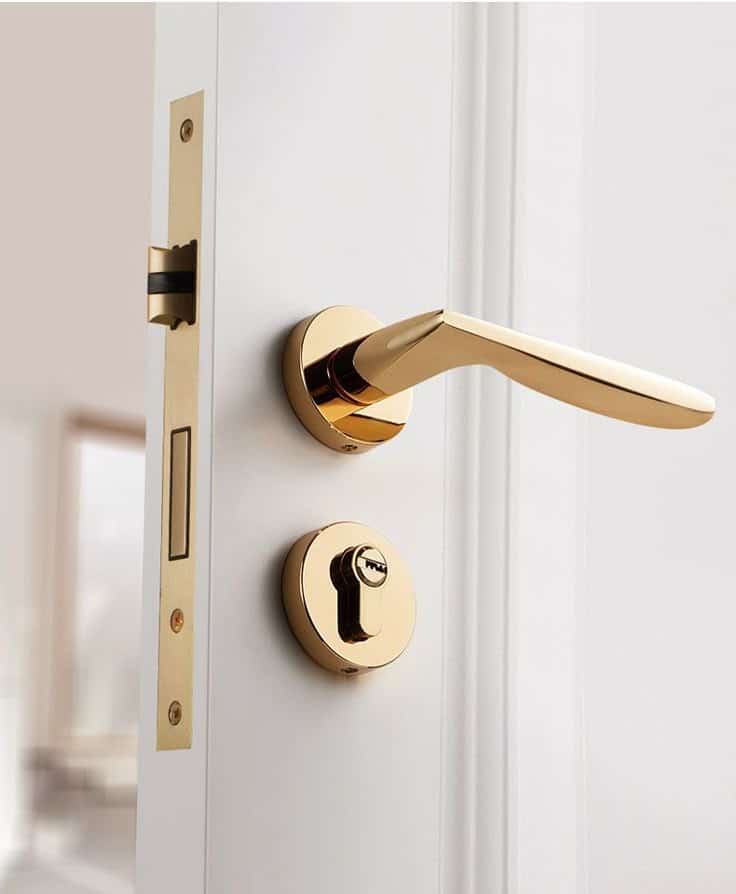
Locks protect homes, belongings, and families. Over time, they weaken or stop working properly. This can make homes easier to break into. Replacing locks on time helps prevent this. Experts and real Toronto data show how often locks should be replaced. This article explains what signs to look for and when to take action.
Why Lock Replacement Is Important
Old locks become weak. Worn parts may break. Keys may no longer work smoothly. Thieves often look for these signs. Weak locks are easier to force open. New locks lower your risk. They also help you feel safe at home.
Signs Your Lock May Be Failing
You don’t always need to wait years. Some signs show it’s time to act soon:
- Rust or corrosion on metal parts
- Keys stick or take effort to turn
- The lock feels loose or shaky
- It’s hard to lock or unlock the door
- You need to jiggle the key to open it
If you notice these, replace your locks.
How Often Should You Replace Your Locks?
Locksmiths say you should replace locks every 5 to 7 years. This depends on the use. A front door lock may wear out faster than a back door lock. If many people use the door, it wears out sooner. If the lock is exposed to rain or cold, it may break down faster.
Homeowners: When to Replace Locks
If you move into a new home, replace all locks. You don’t know who has a copy of the keys. If someone breaks into your home, replace the locks right away. If your keys are lost or stolen, replace the locks or rekey them.
Locksmiths in Toronto reported more break-ins in 2024 than 2023. According to The Northern Account, break-ins rose by 240% in early 2024. This means home safety is a bigger concern now.
Businesses: When to Replace Locks
Office and store locks get used more often. Employee turnover is common. That increases the chance of old keys being misused. Business locks should be checked often.
Replace your locks if:
- An employee leaves and kept a key
- The lock gets stuck often
- You install a new alarm or security system
- You switch to a keycard system
A Toronto locksmith company, SafeTech, says many businesses forget to update locks. This creates security gaps.


Emergency Lock Replacement Situations
These events need fast action:
- Someone broke into your home or office
- You lost your key, or someone stole it
- You noticed damage to the lock
- A roommate or partner moved out
- Your key broke inside the lock
Delaying lock replacement puts you at risk. Always act quickly.
Locksmith Advice on Lock Lifespan
Professional locksmiths inspect locks for signs of wear. They recommend regular checks. Weather can cause damage too. Freezing temperatures or heavy rain wear down metal parts. If a lock freezes or jams, replace it soon.
Most common locks last 5 to 7 years. Smart locks last around 4 to 6 years. Older models without digital features may last longer. Still, yearly checkups are smart.
Rekeying vs. Replacing
Rekeying changes the key but keeps the same lock body. This is useful when:
- You lose your keys
- You move into a new house
- You want to give someone a new key
Replacing is better when:
- The lock is damaged or rusty
- The lock is very old
- You want a better security system
Rekeying is cheaper than replacing. But it won’t fix a broken lock. A locksmith can guide you.


Different Lock Types and Their Lifespans
Each lock has a different average lifespan:
- Deadbolts: Last about 7 to 10 years. Strong and simple.
- Smart Locks: Last 4 to 6 years. They need updates.
- Padlocks: Outdoor use can shorten lifespan. Replace every 3 to 5 years.
- Knob Locks: Last 5 to 7 years. Often used inside homes.
The more the lock is used, the sooner it should be replaced.


Lock Replacement Costs in Canada
Costs depend on the lock type and location. In Toronto:
- Standard lock: $80–$150
- High-security lock: $200 and up
- Rekeying: $40–$100
- Smart lock: $150–$300
Professional locksmiths may charge extra for after-hours service.
Top Lock Brands in Canada
Choosing the right lock matters. These are trusted names:
- Schlage: Known for strength
- Weiser: Popular in Canadian homes
- Medeco: High-security option
- Yale: Makes smart locks
- August: Great for smart homes
Good brands last longer and resist tampering.
FAQs
How long do home locks last?
Around 5 to 7 years. Less if used often.
Should I replace locks after moving?
Yes. Old owners may still have keys.
Are smart locks secure?
Yes, but they need updates. Older models may need upgrades.
Is rekeying better than replacing?
It’s cheaper, but not for damaged locks.
Can I change locks myself?
Yes, but experts ensure better fit and safety.
Final Thoughts
Locks wear down. Thieves look for weak spots. Replacing old locks protects your home or business. Do yearly checks. Replace locks every 5 to 7 years. Sooner if you see any damage.
This small step can prevent a break-in. It’s worth the cost. Stay safe by keeping your locks up to date. If you’re unsure who to trust, consider a proven provider like lockupservices for expert help.
- 7shares
- Facebook0
- Pinterest7
- Twitter0
- Reddit0


